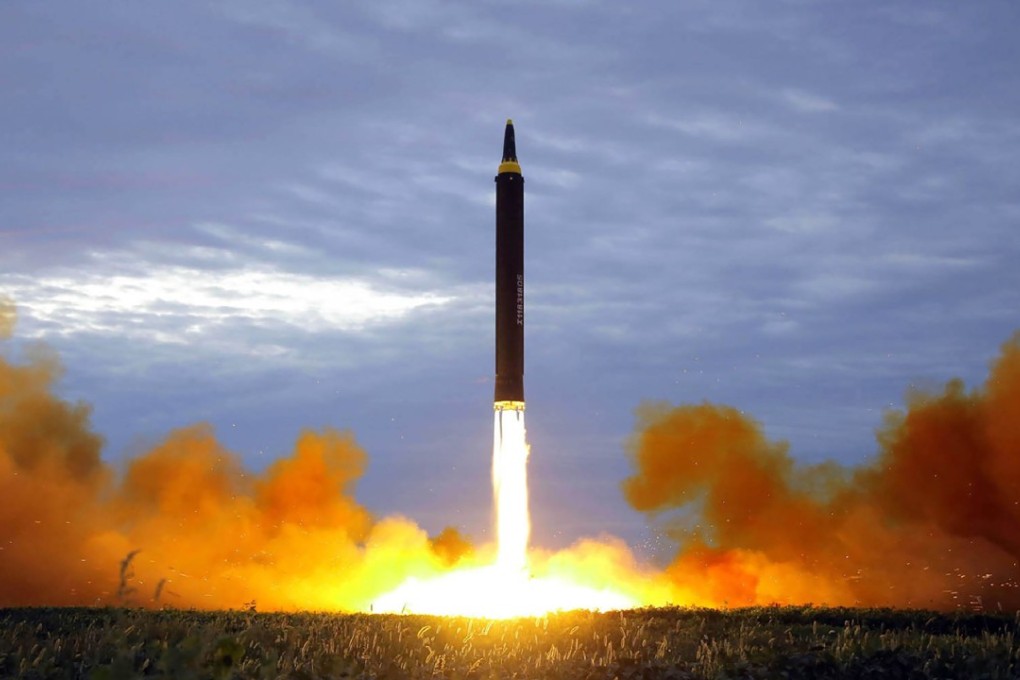What if worst comes to worst with North Korea? China ‘must be ready’ for war on the peninsula
Beijing should consider talks with other countries to prepare for possible fallout in the region, analyst says

Beijing needs to come up with backup plans – either on its own or with Washington and Seoul – in case the crisis on the Korean peninsula escalates into conflict, a leading Chinese analyst has warned.
But other observers said it was still too early to discuss a post-war Pyongyang with other countries, insisting there is no sign of the North Korean regime falling.
In an article published in Australia-based online magazine East Asia Forum earlier this month, Peking University international relations professor Jia Qingguo called on China to work with the United States and South Korea on contingency plans.
Analysts said it was rare for such a subject to be raised so publicly by a Chinese academic.
In his article, Jia said four major areas needed to be addressed: North Korea’s nuclear arsenal, an influx of refugees, restoration of social order, and post-crisis political arrangements on the peninsula.